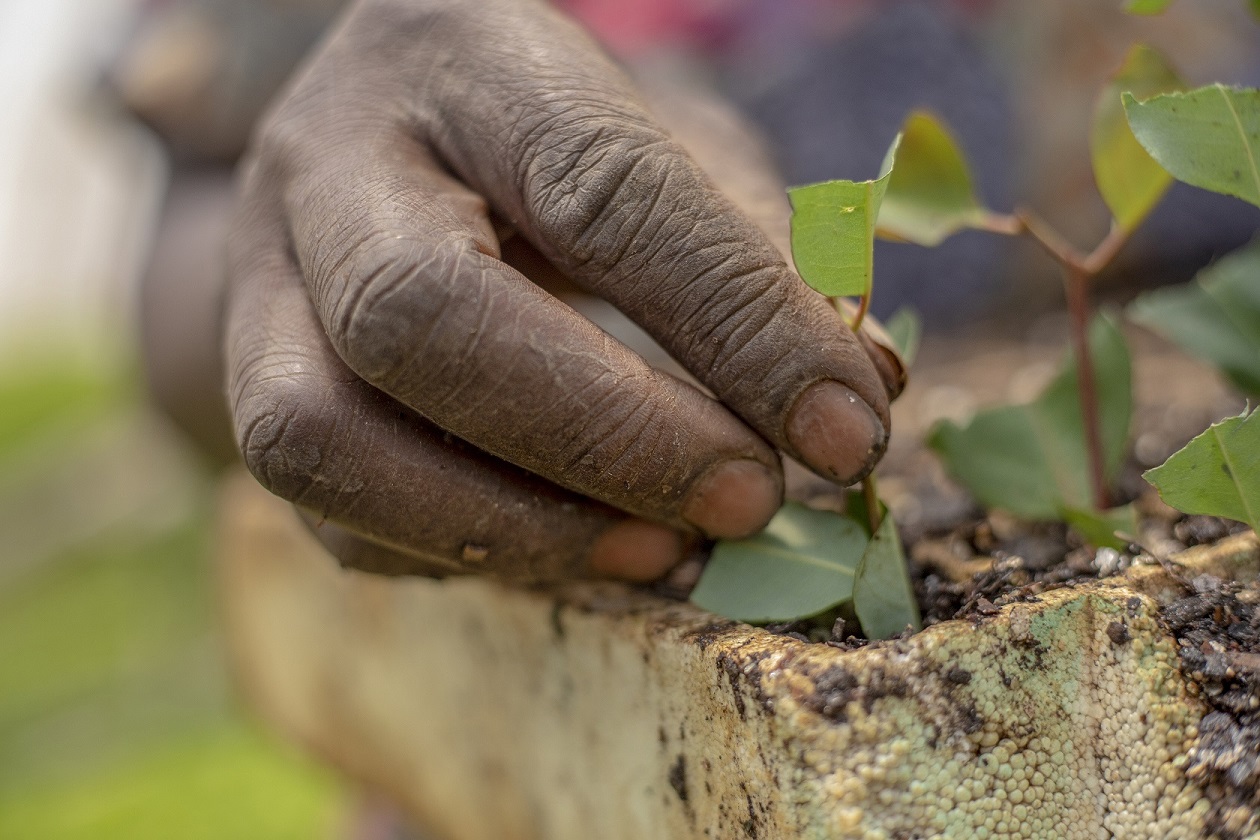COVID-19 ravages women’s jobs on horticulture farms
Casual workers have suffered the impact of the COVID-19 pandemic as most farm owners have shut the door for non-resident workers despite them constituting the majority workers on most farms, as a way to curb the spread of the virus.
The Zimbabwean government announced a nationwide lockdown in the wake of COVID-19 of all non-essential industries reclassifying all produce markets as essential services and directed that farmers should be allowed to deliver their vegetables to the markets.
However, the nationwide lockdown which commenced on the 30th of March supposedly running for three weeks was extended by a further 14 days, making it difficult for the informal sector to cope.
Spokesperson of a commercial farming estate who spoke on the basis of anonymity said due to the lockdown announced by government workers who commute to and from work every day can no longer do so as a way to mitigate the spread of the virus.
“We have put in place measures to ensure that all our farms are compliant with measures set out by government to stem the spread of COVID-19. These include lockdowns of our farm workers in each compound. No movement is allowed in and out of the farms.” he said.
But workers’ unions see this as a double-edged sword: good in the fight against COVID-19 but bad for the workers.
Speaking to us, union representative Michael Mukokeza disclosed that most farmers had put their workers on an unpaid leave citing the effect of the coronavirus on world markets where most agricultural exports are marketed. He said layoffs were now rampant as farmers used disciplinary measures to get rid of staff.
“As of now, most farmers do not allow access into farms so there’s no way of monitoring what’s happening in there. Farmers are taking advantage of the lockdown to evade monitoring although the government put monitoring as a condition for including agriculture among essential services which continue operating during the lockdown,” Mukokeza said.
Austin Muswere, spokesman for the General Agriculture and Plantation Workers’ Union of Zimbabwe (GAPWUZ) said the union had engaged the Ministry of Labor and employers’ associations on the need to protect farmworkers’ rights and stop disciplinary hearings during the lockdown, but most farm employees are casual labor which makes it easy to retrench.
“The effects of casualization are already being felt within the labor force. The pandemic is making it worse for casual workers who are mostly women, with international demand for flowers falling, it is easy to retrench them. This is a huge blow to farmworkers who lack a robust social protection system, which means if they lose their jobs, they have nothing to fall back on,” Muswere said.
He added that some farmers had already indicated they would stop renewal of contracts until the situation stabilized.
A spokesman for the Commercial Farmers Union could only say operations are going on as usual on commercial farms.
Farmworkers in Zimbabwe despite earning the country precious foreign currency and being the sole producers of food in the country, constitute a huge demographic of Zimbabweans who are hunger stricken and can barely afford what they produce.
This article was first published on the website of Hivos Southern Africa.




